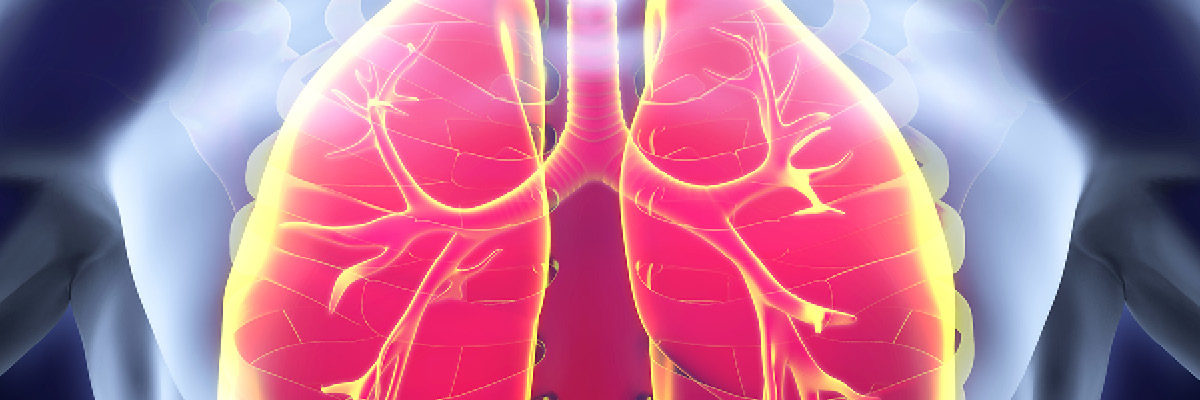

WEDNESDAY, April 17, 2024 (HealthDay News) -- There’s no evidence that a COVID infection increases the risk of asthma in children, the first study to date on the subject finds.
“We knew from a number of really nice studies over the last decade or more that respiratory viral infections are a risk factor for the development of asthma in children,” said senior study author Dr. David Hill, an attending physician with the division of allergy and immunology at the Children’s Hospital of Philadelphia.
“So there was good rationale to think that potentially SARS-COV-2 infection could also increase the risk of asthma. That's what we thought we were going to find," he said. "And what we actually found was that there was no association. It did not increase the risk of children developing asthma, and it did not decrease the risk of children developing asthma.”
In the study, the team analyzed data from more than 27,000 children who underwent polymerase chain reaction (PCR) testing for SARS-COV-2 between March 1, 2020, and Feb. 28, 2021. They were followed over an 18-month period.
Over 3,100 of the children tested positive, and more than 24,000 tested negative for SARS-COV-2.
The researchers found that testing positive for SARS-COV-2 had no significant effect on the likelihood of a new asthma diagnosis. The study did confirm that children with known risk factors for asthma, such as race, food allergies, hay fever and preterm birth were more likely to develop asthma.
“That's the check to make sure that our cohort is powerful and large enough to actually detect association. The fact that we were able to confirm known associations makes it all the more powerful that we didn't find an association between SARS-COV-2 and asthma in this group,” Hill said.
At the beginning of the pandemic, there was a lot of concern about how people with asthma would be affected by the virus. Early on, Hill’s lab did research which established that asthma was not a risk factor for worse COVID outcomes. According to researchers, they also found that if children with asthma tested positive for COVID, they weren’t more likely to have a flareup.
The findings were published April 12 in the journal Pediatrics.
Dr. Angela Hogan, vice chair of the American College of Allergy, Asthma and Immunology's (ACAAI) Asthma Committee and a pediatric allergist and immunologist at Children's Hospital of The King's Daughters in Norfolk, Va., emphasized that the new study is consistent with her observations.
“The pediatric population really dodged a bullet in the COVID-19 pandemic. At the beginning of the pandemic, we were afraid that all of our asthmatics were going to have severe asthma exacerbations with this virus and that everyone would get sick...We were concerned we would see a significant increase in new cases," she said. "In pediatrics, however, that is different from what we saw."
Still, the study is limited by the evolution of new variants that may exhibit a different association with asthma, Hill noted. He also emphasized that it would be difficult to replicate this study.
“This was sort of a unique time in which we could use this really rigorous study design, and I think we'd have to think carefully about how we would do a similar type of study," he said. "I would say just about everybody has been either exposed to the virus or the vaccine."
"And so it might be that this was sort of a very unique period of time and a very unique opportunity to do this study and make this observation,” Hill said.
Furthermore, since the study focused solely on children, more research is needed to assess patients at different ages and at longer intervals to confirm there is no relationship between SARS-COV-2 and the development of asthma long-term.
However, the researchers emphasized that, generally speaking, this study should bring some comfort to patients and their families.
“I would say that kids and families have a lot to think about, whether it's about getting to baseball practice or violin recital. Thankfully, this data suggests that worrying about developing asthma as a result of COVID-19 infections probably isn't one of them,” Hill said.
More information
The U.S. Centers for Disease Control and Prevention has more on asthma.
SOURCES: David Hill, MD, attending physician, division of allergy and immunology, Children’s Hospital of Philadelphia; Angela Hogan, vice chair, Asthma Committee, American College of Allergy, Asthma and Immunology, and pediatric allergist and immunologist, Children's Hospital of The King's Daughters, Norfolk, Va.; Pediatrics, April 12, 2024
Allergy Expert Gives Tips On Seasonal Allergies
Rare Red Meat Allergy Linked To More Tick Species
How to Treat Spring Allergies: A Graduated Approach
Most Families Exclude Foods Linked to Allergies
Antibiotics Might Increase Risk of Childhood Asthma, Allergies